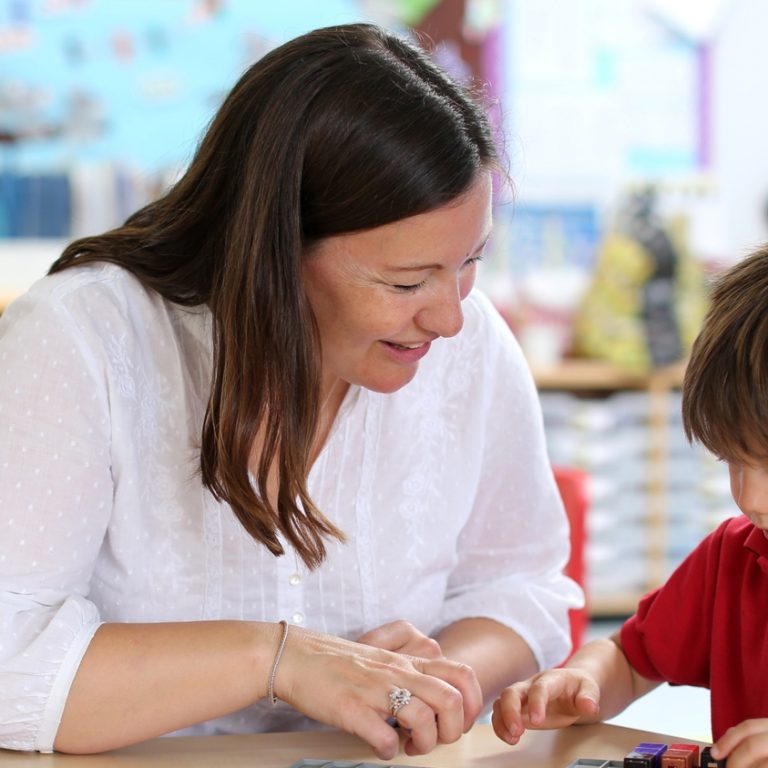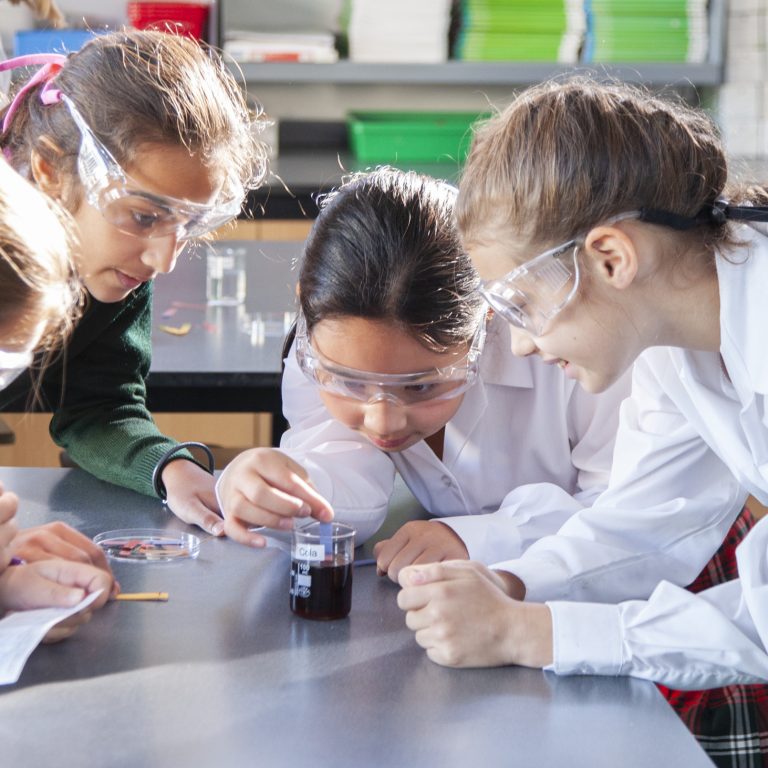Here at Eaton House Nursery, we follow the early years statutory framework. The EYFS is designed to be an inclusive framework, allowing us to bring together a number of different approaches within our classrooms.
Characteristics of Effective Learning
The characteristics of effective learning are a key element in the early years foundation stage. They detail the ways in which children should be learning from their environment. The children in our care receive support from teachers who have the knowledge of when to intervene and give guidance. This support will help them make significant progress in their learning.
Playing and Exploring
Our environment actively encourages and offers children the opportunity to play and explore. Children need to be able to explore in every area in our provision, therefore, we ensure all activities and resources are age-appropriate as well as challenging. The children within our setting have the opportunity to explore and investigate using open-ended resources. This enables them to use their imagination and explore their surroundings.
Active Learning
Children are more likely to attempt a task if it is of interest to them. Therefore, our teachers tune into children’s interests by conducting daily observations, termly assessments, and reports. Creating an environment that is led by children’s interest will encourage children to become active learners. It will also help our teachers identify and plan the children’s next steps. Children also demonstrate active learning when engaging in activities that require them to use their mental abilities. For example, children will show a can-do attitude when attempting to do a task, they will show a great deal of concentration and will rarely give up on the task. We pride ourselves on creating engaging, challenging lessons to extend their learning.
Creating and Thinking Critically
For children to be creative and critically think, our teachers provide them with lots of opportunities to work things out on their own or with others; this will develop their problem-solving skills. At times, adults use their knowledge and know when to intervene and scaffold children’s learning. As we know, young children observe what is happening around them and they absorb the information. As children begin to engage fully in activities, they will start asking questions about how things work. At this stage, the teachers will ask open-ended questions to help extend the learning opportunities.
The EYFS is split into two groups, the prime and specific areas.
- The prime areas are important because they lay the foundations for children’s success in all other areas of learning and of life: personal, social and emotional development; physical development; communication and language.
- The specific areas provide the range of experiences and opportunities for children to broaden their knowledge and skills: literacy; mathematics; understanding the world.
Areas of Learning and Development
- Communication and language development involves giving children opportunities to experience a rich language environment; to develop their confidence and skills in expressing themselves; and to speak and listen in a range of situations.
- Physical development is providing opportunities for young children to be active and interactive; and to develop their coordination, control and movement. Children must also be helped to understand the importance of physical activity, and to make healthy choices in relation to food.
- Personal, social and emotional development involves helping children to develop a positive sense of themselves, and others; to form key relationships and develop respect for others; to develop social skills and learn how to manage their feelings; to understand appropriate behaviour in groups; and to have confidence in their own abilities.
- Literacy development involves encouraging children to link sounds and letters and to begin to read and write. Children must be given access to a wide range of reading materials (books, poems, and other written materials) to ignite interest.
- Mathematics involves providing children with opportunities to develop and improve their skills in counting, understanding and using numbers, calculating simple addition and subtraction problems; and to describe shapes, spaces and measures.
- Understanding the world involves guiding children to make sense of their physical world and their community through opportunities to explore, observe and find out about people, places, technology and the environment.
- Expressive arts and design involves enabling children to explore and play with a range of media and materials, as well as providing opportunities and encouragement for sharing their thoughts, ideas and feelings through a variety of activities in art, music, movement, dance, role play and design and technology.



